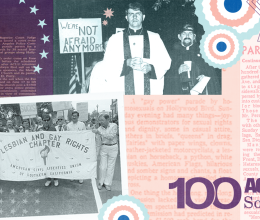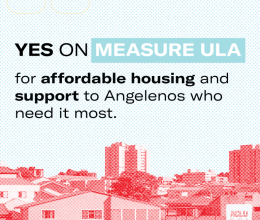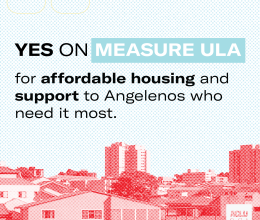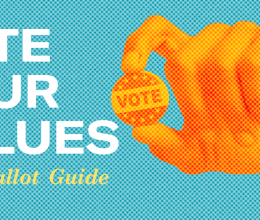
A version of the following blog appeared in the Voice of OC
On the morning of Aug. 1, two Santa Ana police officers stopped a homeless man named Richard Gene Swihart for riding his bicycle in the Civic Center plaza.
A few minutes later, Richard was rushed to a hospital — the officers had shot him multiple times. On Aug. 14, Richard died of his wounds.
The aftermath of the fatal police shooting was captured on video and posted on YouTube, but the circumstances that led to the initial confrontation remain murky.
Police officials did not discuss the shooting at all until receiving press inquiries, then would only say that Richard was hostile and tried to grab a gun from one of the officers. The Santa Ana Police Department did not publicly disclose that Richard had died until Aug. 31 – 17 days after his death – and it still has not, more than five weeks after the shooting, identified the officers involved.
While the details of the shooting remain shrouded in mystery, the underlying cause is clear – Richard might still be alive if it were not for an ongoing campaign to criminalize homelessness in Orange County.
Every day, police harass homeless individuals in Santa Ana and other Orange County cities for violating nuisance ordinances that criminalize everything from riding a bike to simply trying to find a place to sleep. These ordinances are designed not to ensure safety, but to sweep a vulnerable population out of public view.
Now, the situation is poised to become worse.
On the evening of Sept. 6, the Santa Ana City Council passed a resolution calling for stepped-up enforcement of code violations around the Civic Center, where an estimated 450 people are living in tents.
In the resolution, the Santa Ana City Council declared a “public health and safety crisis” at the Civic Center and called for stricter enforcement to provide a safe environment for government employees and members of the public in and around the complex.
There is indeed a crisis – but the crisis is the result of failed government policies.
Public health concerns in the Civic Center, for example, stem from the city’s refusal to provide basic services like storage space, showers, and adequate public restroom facilities for people who have no other place. Hours before the Santa Ana City Council meeting, the Orange County Board of Supervisors addressed some of those concerns by voting to fast-track the conversion of a nearby defunct transit center into a hub for temporary shelter and services.
But the larger issue of the aggressive law enforcement approach to homelessness remains. If Santa Ana is serious about enhancing the safety of people living outdoors, it must cease punishing people for being homeless.
The city must also be held accountable for Richard's death, and the Santa Ana Police Department must be completely transparent about the circumstances leading up to his death, starting with the release of the names of the officers involved.
SAPD has not indicated if the two officers involved are still serving on the Civic Center Patrol Unit and interacting with the same people who were present during Richard’s shooting.
Santa Ana Police Cpl. Anthony Bertagna told the Orange County Register that the two officers involved received special training on how to interact with people experiencing homelessness and mental illness. Richard's death calls into question SAPD’s policies and training. Left unanswered is whether SAPD employed de-escalation tactics before using lethal force.
The community deserves answers to these questions. Without full information about what happened in the shooting, the public cannot determine if SAPD is operating appropriately, or hold it accountable if it is not.
According to his best friend, Richard was an upbeat man who liked to crack jokes. One resident of the Civic Center recalled his love of chess. He was only 32 when he died. To honor his life, community groups are hosting a vigil on Wednesday, Sept. 14 at 9 a.m., near the Plaza of the Flags in the Civic Center Plaza.
Eve Garrow is homelessness policy analyst and advocate and Jennifer Rojas is community engagement and policy advocate at the ACLU of Southern California.







